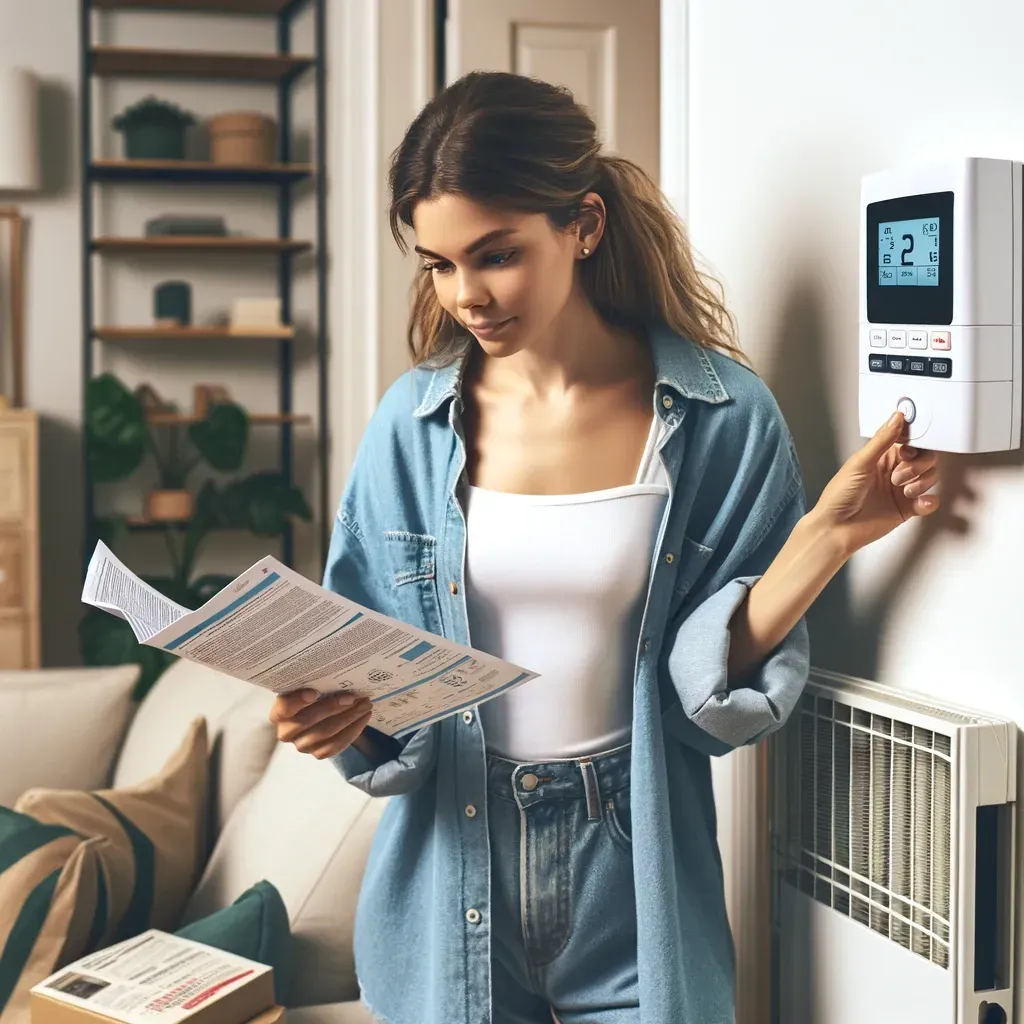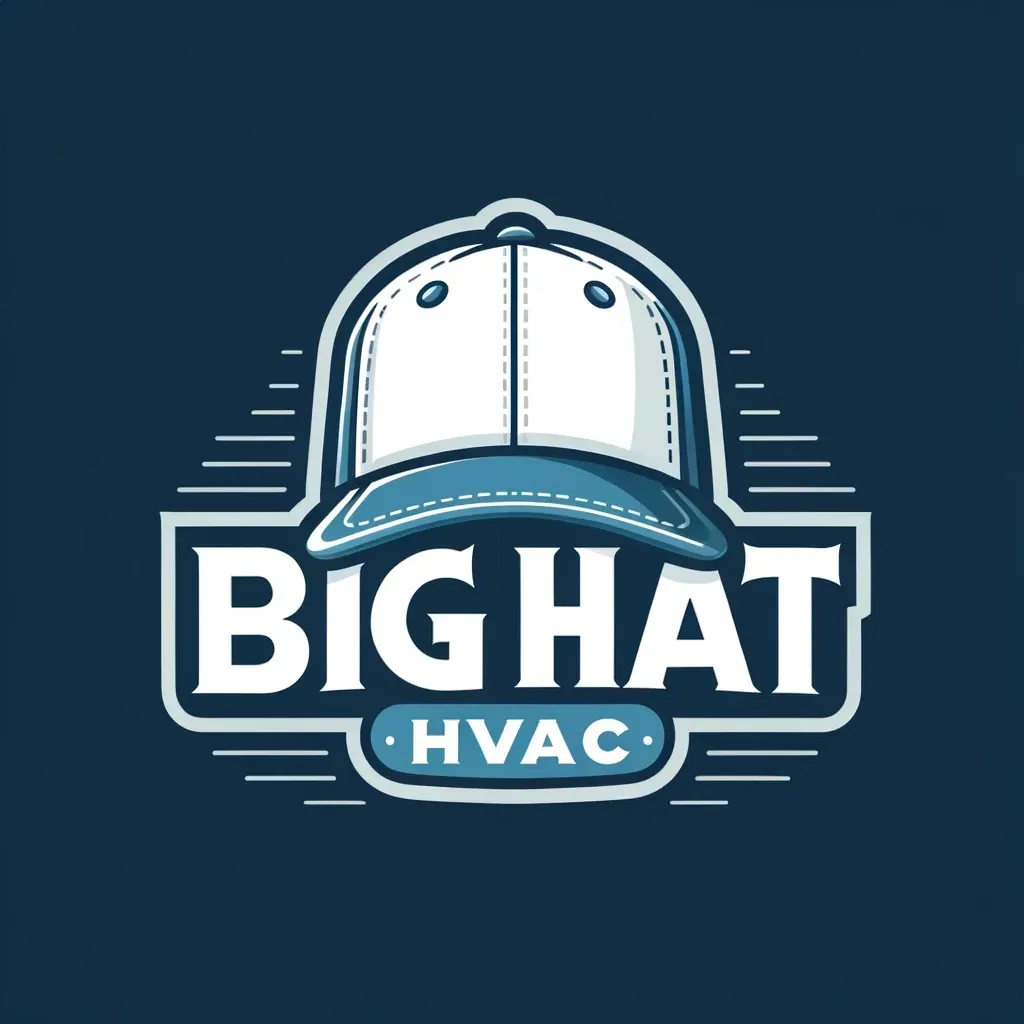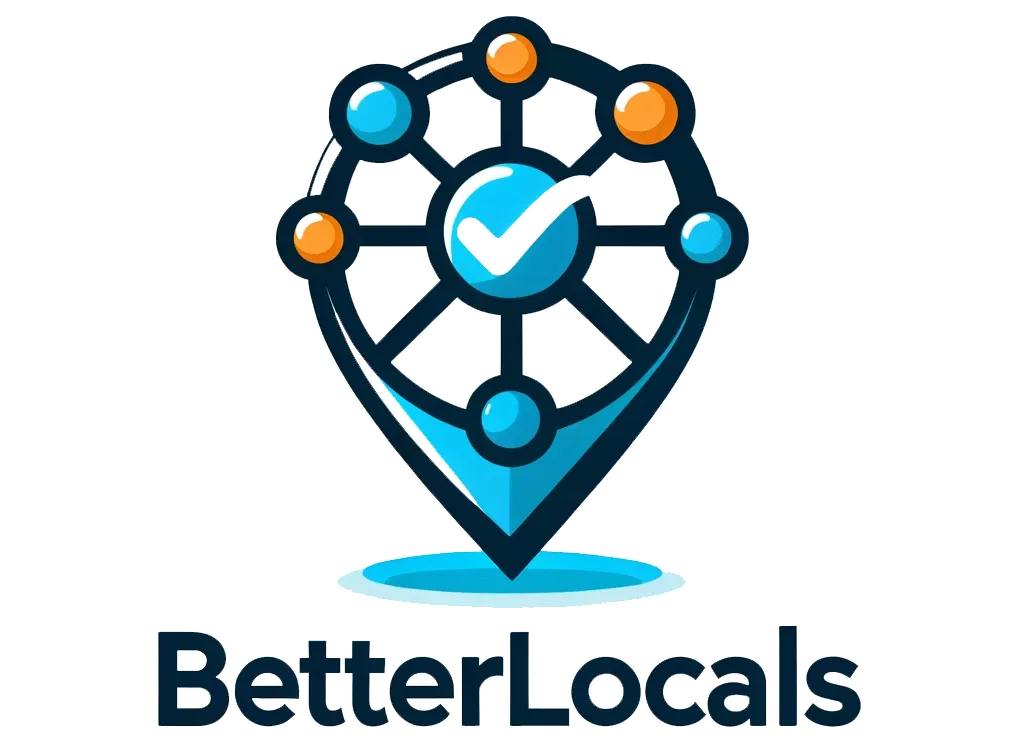
The Homeowner's Guide to HVAC Troubleshooting: Simple Fixes You Can Do Yourself
Welcome to your go-to guide for tackling some of the most common HVAC issues without having to call in the professionals right away. Whether it's the peak of summer heat or the cold snap of winter, ensuring your HVAC system runs smoothly is key to maintaining comfort in your home. Here, we'll walk you through simple troubleshooting tips that any homeowner can handle.
Understanding Your HVAC System
Before diving into troubleshooting, it's important to have a basic understanding of your HVAC system's components:
Thermostat: Your system's control unit, responsible for maintaining the desired temperature.
Air Handler: Circulates air throughout your home, located inside.
Outdoor Unit: Houses the compressor and condenser, playing a crucial role in cooling your home.
Regular maintenance tasks like changing air filters and ensuring clear ventilation can prevent many issues.
Common HVAC Issues and DIY Fixes
Thermostat Problems
Sometimes the issue lies with the thermostat settings or batteries. Check if the display is on; if not, it might be time to replace the batteries. Ensure it's set to the correct mode (heating or cooling) and the desired temperature.
Dirty or Clogged Filters
A dirty filter can drastically reduce your system's efficiency. Locate your air filter, remove it, and check for dirt accumulation. Most filters need to be replaced every 1-3 months, depending on usage and type.
Blocked or Closed Vents
Ensure all vents are open and free from furniture or curtains blocking the airflow. This simple fix can improve air distribution and system efficiency.
Ice Build-up on the Outdoor Unit
Ice formation can indicate low refrigerant levels or airflow problems. If you notice ice, turn off the system and allow it to thaw. If the issue persists, it's time to call a professional.
Furnace Ignition or Pilot Light Issues
If your furnace isn't igniting, check the pilot light (for older models) or the ignition sensor (for newer models). A simple cleaning can often resolve the issue, but be cautious when dealing with gas furnaces.
Airflow Problems
Reduced airflow can be due to dirty filters or blocked ducts. After checking your filter, inspect the ducts for any obstructions or signs of damage.
When to Call a Professional
Some situations require a certified HVAC technician:
Refrigerant leaks
Electrical issues
Comprehensive system maintenance
Annual professional maintenance can prevent major issues and extend the life of your system.
Preventative Measures and Tips
Regularly replace or clean air filters.
Keep the area around your outdoor unit clear of debris.
Schedule annual maintenance checks.
Conclusion
Troubleshooting your HVAC system can be straightforward with the right knowledge. By following these simple tips, you can ensure your system runs efficiently, keeping your home comfortable all year round. However, don't hesitate to call in professionals for complex issues or regular maintenance to ensure your system's longevity and reliability.
Remember, a little DIY can go a long way in maintaining your home's comfort and possibly saving you money on unnecessary service calls. Stay cool (or warm) and confident in tackling your HVAC system's basic troubleshooting!

